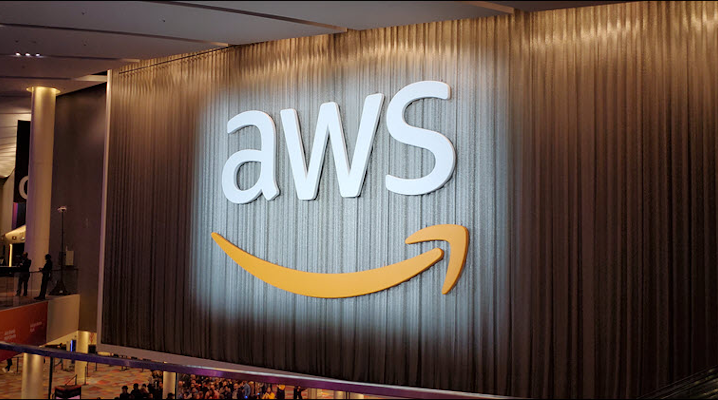 CLOUD
CLOUD
 CLOUD
CLOUD
 CLOUD
CLOUD
In 2010, Amazon Web Services Inc. marked April Fools Day with a tongue-in-cheek blog post announcing it had developed a technology seen as science fiction at the time: a quantum computer. Fast forward to 2019, the company is preparing to roll out a real quantum computing service for its cloud customers.
The newly unveiled Amazon Braket platform will provide on-demand access to quantum systems from three different startups. The service, which debuted today at re:Invent, is pitched as a way for enterprises to familiarize themselves with the technology and explore potential future applications.
Each of the three quantum systems AWS will offer is based on a different system design. The first, from Andreessen Horowitz-backed Rigetti Computing Inc., is made up of superconducting circuits much like Google LLC’s supercomputer-beating Sycamore chip. A second system built by IonQ Inc. carries out computations using so-called trapped ions suspended in a vacuum by lasers.
The third hardware maker AWS turned to to power Braket is D-Wave Systems Inc., a Canadian firm that was the first in the world to sell a commercial quantum system. The firm’s machine use a computational approach called quantum annealing to find answers to mathematical problems.
None of the three systems offered via Braket, or any of the other quantum computers in existence for that matter, is capable of running sophisticated enterprises applications. But they provide a useful environment for companies to learn the ropes and find ways they’ll be able to use tomorrow’s large-scale, production-ready quantum machines.
Analyst Patrick Moorhead of Moor Insights & Strategy said he thinks AWS is hedging its bets with quantum partners that each take a different approach. “D-Wave is using quantum annealing, IonQ uses trapped ions and Rigetti uses superconducting,” he noted. “I was a bit disappointed to not see Honeywell since it has the most sophisticated trapped ion approach we have seen. I suppose its partnering with Azure could have been an issue.”
AWS has bundled a number of tools with Braket to lower the learning curve. The service includes a simulation environment powered by classical computers that developers can use to build and test quantum algorithms before deploying them on one of the quantum machines. Moreover, Braket supports the popular Jupyter Notebook algorithm development toolkit that many researchers are already familiar with.
“Our goal is to make sure you know enough about quantum computing to start looking for some appropriate use cases and conducting some tests and experiments,” AWS Chief Evangelist Jeff Barr wrote in a blog post. “We want to build a solid foundation that is firmly rooted in reality, and to work with you to move into a quantum-powered future.”
To help organizations adopt Braket, AWS has formed a consulting unit called the Quantum Solutions Lab that will provide workshops and other educational resources. It’s also assembling a roster of “select” professional services partners to provide further assistance for enterprises looking to join the fray.
In the longer term, AWS has plans to add more types of quantum computers to Braket and eventually develop its own machines. Simone Severini, the provider’s director of quantum computing and a professor at University College London, revealed to Wired that parent Amazon.com Inc. has already started working on homegrown quantum hardware.
To further the development effort, the company is creating an AWS Center for Quantum Computing adjacent to the California Institute of Technology. The facility will bring together researchers from AWS and major universities to tackle the theoretical problems that still need be solved for production-ready quantum computers to become a reality.
Braket will become available to early customers later this month. The service joins Microsoft Corp.’s recently introduced Azure Quantum platform, which also provides access to machines from multiple hardware makers including Honeywell, and IBM’s Q Network.
THANK YOU